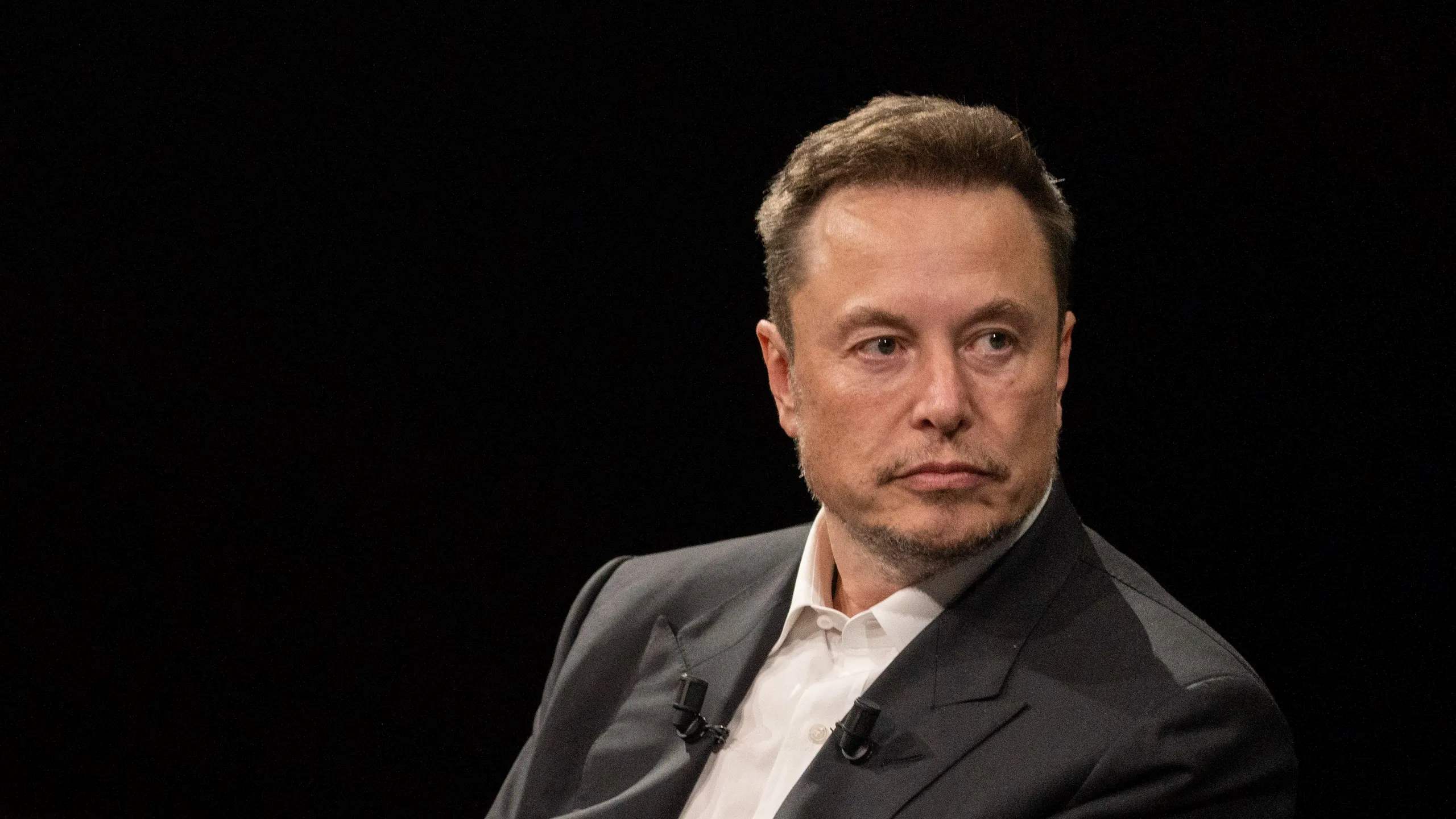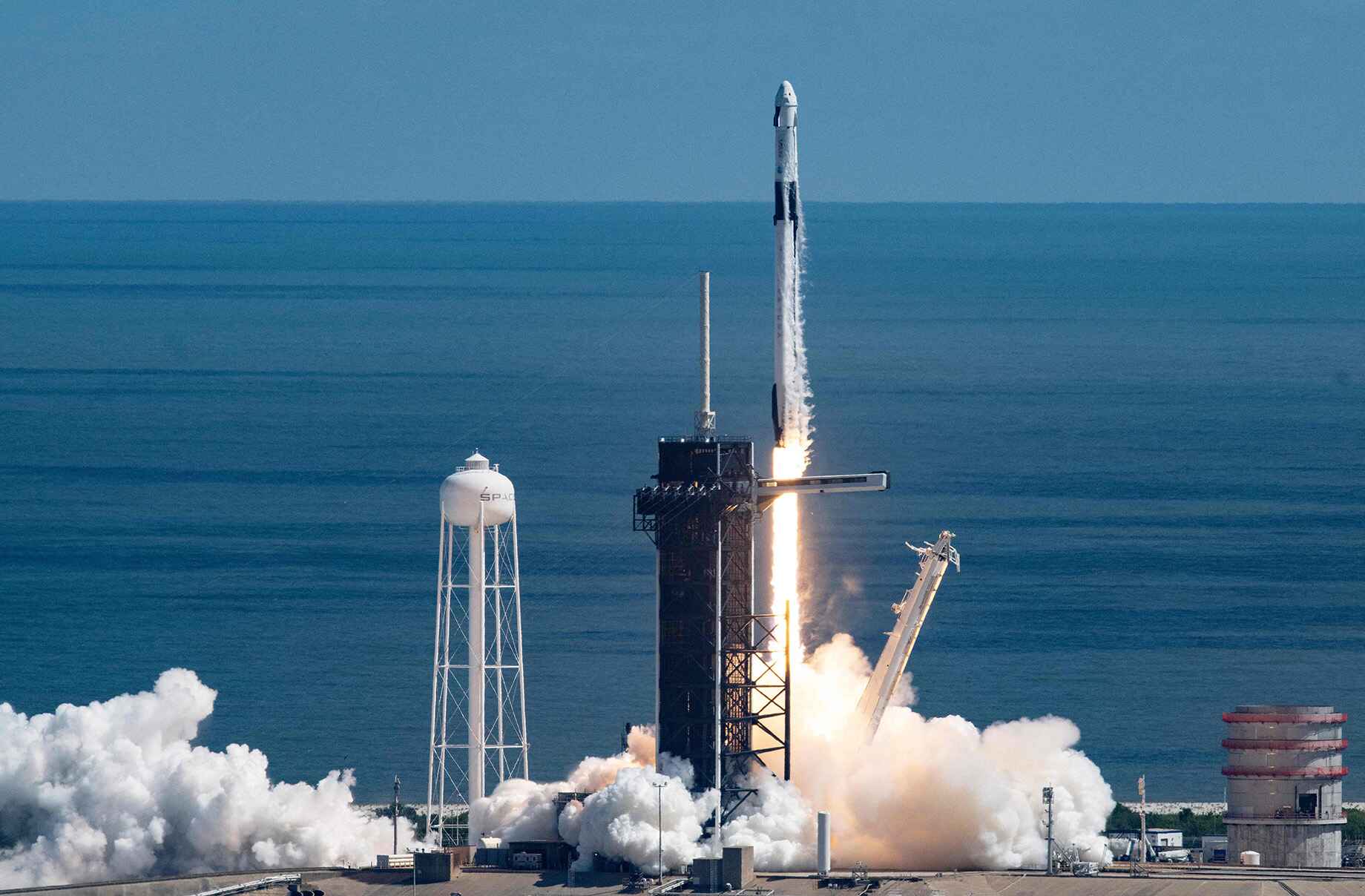Elon Musk, the billionaire entrepreneur and CEO of SpaceX, has recently revealed that he impeded a Ukrainian military strike on Russia by refusing to allow Starlink, SpaceX’s satellite internet service, to be used in the operation. Musk stated that he did not want to be “complicit in a major act of war,” highlighting his concerns about the potential escalation of the conflict. While his decision raises important questions about the involvement of private entities in military matters, it also underscores the delicate balance between international relations and corporate responsibilities.
Key Takeaway
Elon Musk’s decision to block Ukraine’s use of Starlink in a military operation raises important questions about the involvement of private entities in military matters.
The Background
The news was initially reported by CNN, which cited an upcoming biography of Musk by Walter Isaacson. According to the book, in 2022, Ukraine planned to launch an attack on Russia’s navy near Crimea. The success of this operation relied heavily on connectivity provided by Starlink. However, Musk asserted that Starlink was not active in the region at the time. When Ukraine urgently requested its activation, he denied the request, causing the drones involved in the attack to lose connectivity and eventually wash ashore harmlessly. The Russian ships remained untouched.
The Ethics and Implications
The situation at hand is multifaceted. On one hand, a government requested a service from a private company, which refused due to the CEO’s assessment of the appropriateness of the request. This incident highlights the risks associated with relying on private entities in military operations. Musk found himself in the unexpected position of making a unilateral military decision for a foreign ally, which raises concerns about accountability and checks and balances.
However, viewed from another perspective, Musk raising concerns about being complicit in a major act of war reflects a broader debate on the ethical responsibilities of private corporations in global conflicts. This incident also underlines the increasing prominence of Starlink, a technology emerging from outside the traditional military-industrial complex, and the impact of Musk’s endorsement of its use by Ukraine.
The Criticisms and the Future
Critics argue that Musk’s decision to withhold Starlink connectivity sets a troubling precedent. They question whether it is appropriate for a private individual to unilaterally decide the deployment of a key military resource like Starlink. They argue that Musk’s personal opinion should not determine the outcome of a conflict unfolding on the opposite side of the world.
However, Musk defends his decision, stating that approving Ukraine’s request would have made SpaceX explicitly complicit in a major act of war and conflict escalation. Nonetheless, skeptics argue that comparing the attack to a “mini-Pearl Harbor” is an oversimplification and overlooks the ongoing conflict between Ukraine and Russia, as well as Musk’s proposals for resolving the situation through concessions to Russia.
The incident, while new and unprecedented for Musk, has exposed the inherent complexities in navigating the intersection of technology, international relations, and the private sector. As influential figures such as activist Garry Kasparov caution, interfering with services like Starlink for geopolitical reasons could carry significant risks. The challenge lies in striking a balance between corporate responsibility and the wider implications of technological interventions in conflicts.

























